Macro nutrients To Care About While Playing Football
Soccer is one of the most physically demanding sports. An average game of soccer is about 90 minutes. It can burn around 1500 to 2000 calories. Vigorous training and continuous game increases the energy needs of soccer players and to meet those increased energy needs, a soccer player needs the right quality of nutrition. Food that we have gives us macro nutrients, micro nutrients, fiber, and water.
In this article, we will be talking about the macro nutrients to care about while playing football.
What macro nutrients do footballers need?
Three major macro nutrients give your body calories: carbohydrates, protein, and fat. These are energy-giving macro nutrients that help the body maintain the increased energy level.
Carbohydrates
Carbohydrates are the most important fuel to a soccer player. Among all the three macro nutrients carbohydrates contain the least amount of energy.
During the game, intense exercise is the only fuel capable of supplying the body with energy instantly. The body does not use fat for lower intensity activity, it acts as a catalyst to break down the fat. A soccer player should take 50% to 60% of daily caloric intake. There are two types of carbohydrates: simple carbohydrates and complex carbohydrates.
Simple carbohydrates are broken down by the body quickly. They are lower in vitamins, minerals, and fiber.
Complex carbohydrates are the best ones. They take time to break down and have nutrients, such as fiber and vitamins. For athletes who want to lose weight, fiber gives you the feeling of fullness. Fiber is found in whole grain bread and cereals, fruits and vegetables, beans, oats, and nuts.
Protein
Protein is crucial for the soccer player. A soccer player should take 10%-35% of protein. It helps them to build muscles contract and relax, builds ligaments and tendons that hold muscles and support bone, it also helps in recovery. Without adequate protein, you have the risk of injury, illness, or just feeling run down. Protein is also needed for building hormones like insulin. It provides you with energy when the level of carbohydrates depletes in your body. Many athletes take all their protein requirements for dinner, breakfast, and lunch. Try to take a small amount of protein throughout the day with each meal. Make sure protein is a part of breakfast, lunch, and snack foods. Protein is found in chicken, fish, turkey, red meat, eggs, cheese, milk, and soy products.
Fats
Fats are always considered bad for our health. But it is not true we all need a certain amount of fat to be healthy. Football players do need some fat in their diets. An athlete can consider 35%-20% of fat in a diet.
Fat can also be used as a long-term energy source as a stored form of calories. Fat is a very inefficient source of energy because it is used at a much slower rate by the muscles and cannot keep up with the quick energy demands.
Fats provide you with the essential fatty acids, omega-3s, and omega-6s required for brain function. Don’t consume fat above the required level, it can lead to unnecessary weight gains and negative changes in body composition.
There are two types of fats: saturated and unsaturated fats.
Saturated fats increase the unhealthy low-density lipo protein blood cholesterol levels and compromise performance. It is found in processed foods like cookies, crackers, and margarine. Try to consume monounsaturated and polyunsaturated fats. It includes vegetable oils and fats found, fish, and avocados.
Conclusion
For a soccer player, there’s no particular nutrition plan that can be the fit for everyone. Nutrition needs differ from individual to individual and also on the playing position. The only thing remaining the same with everyone is consistency. High-quality food and consistency with your game make every difference.


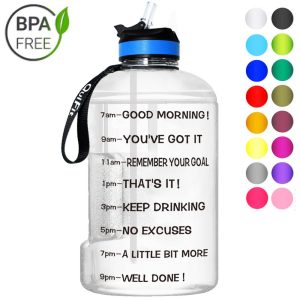





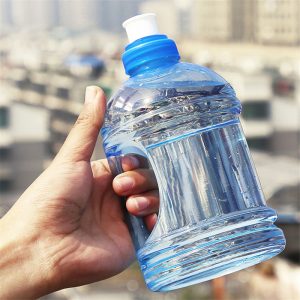

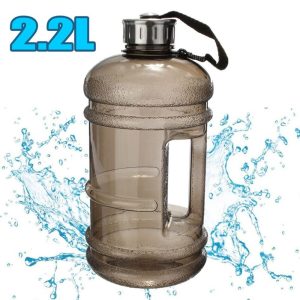





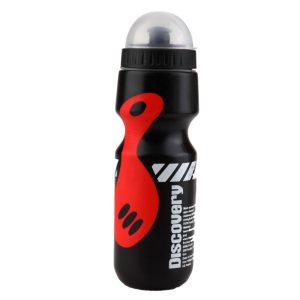
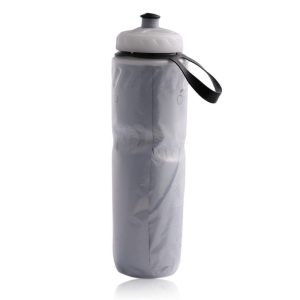




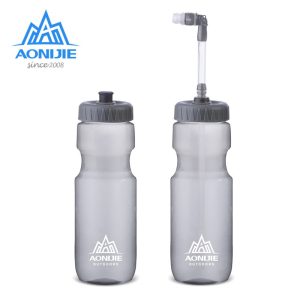


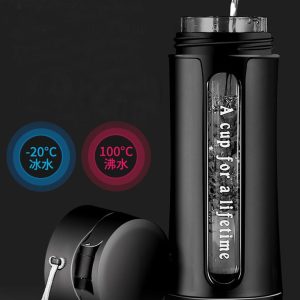


2 comments
Gaza and its Resistance to Israel's Brutal Attacks
I do not even understand how I ended up here but I assumed this publish used to be great
jeff
Hi, unfortunately, I faced challenges with the slow loading speed of your website, leading to frustration. I recommend a service, linked below, that I’ve used personally to significantly improve my website speed. I really love your website…Optimize now